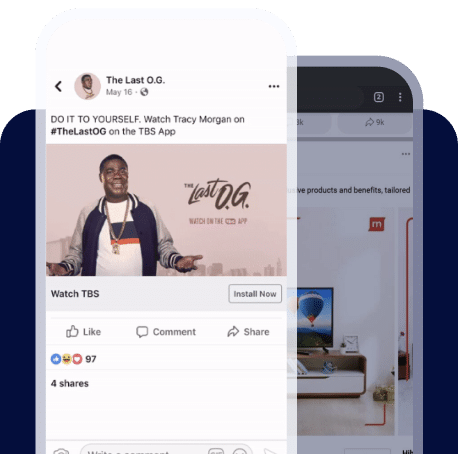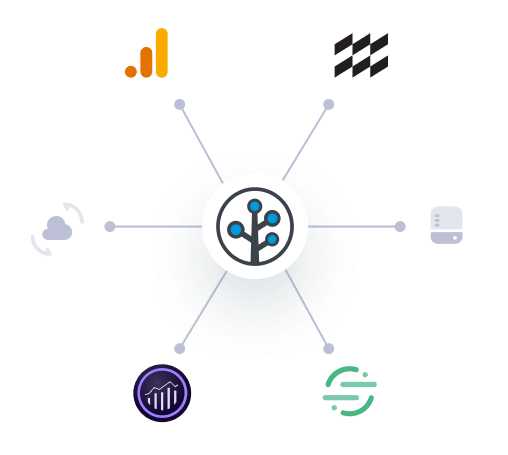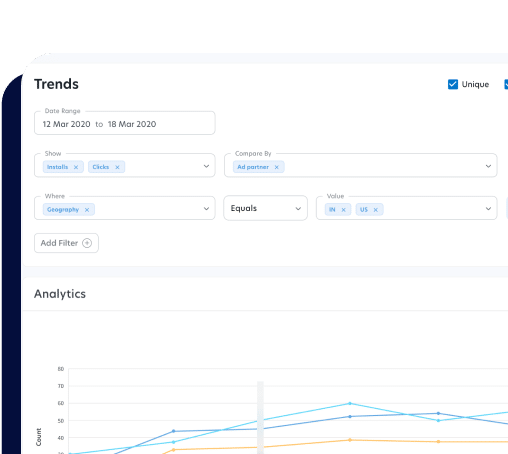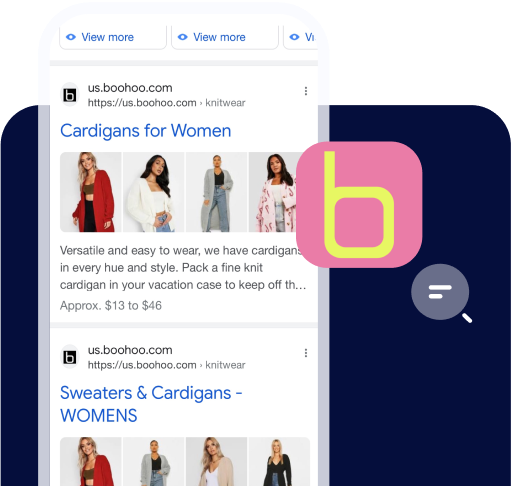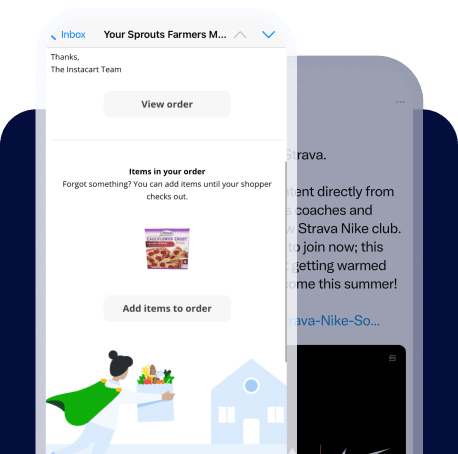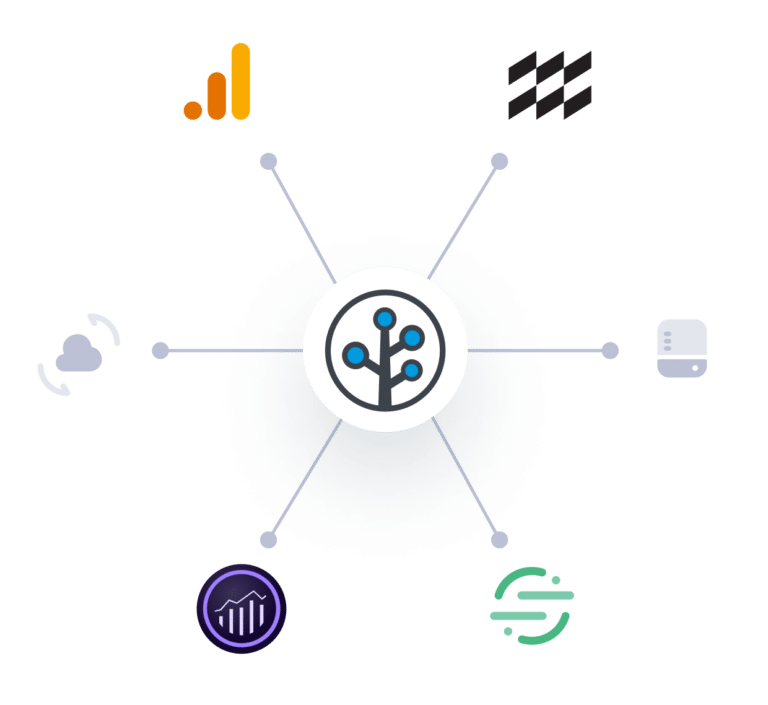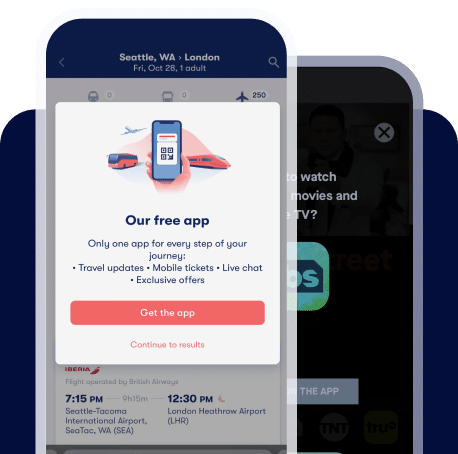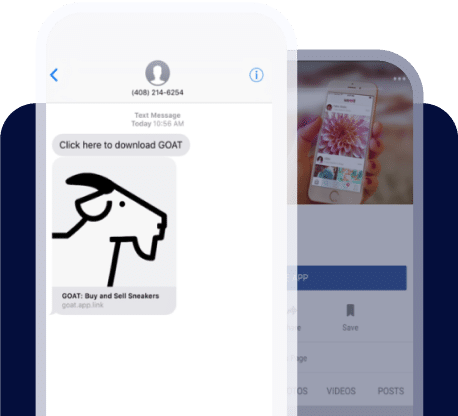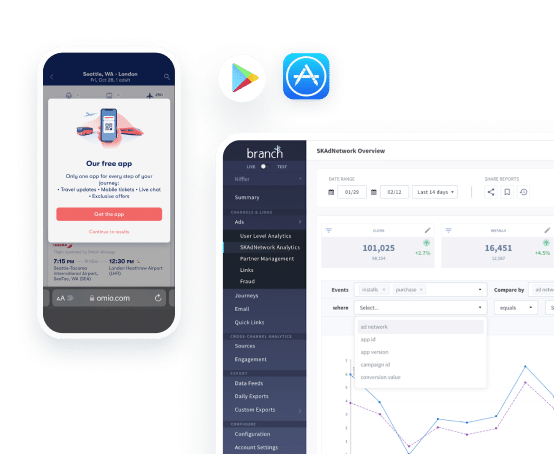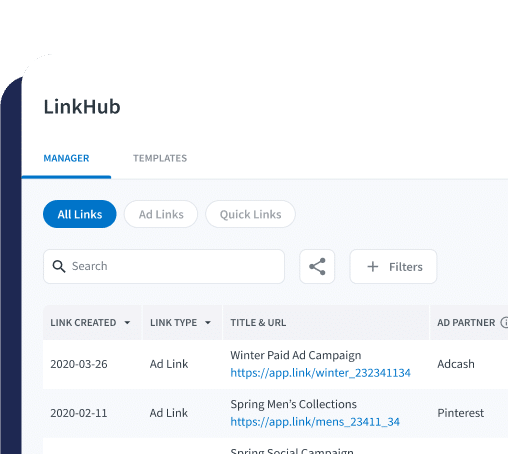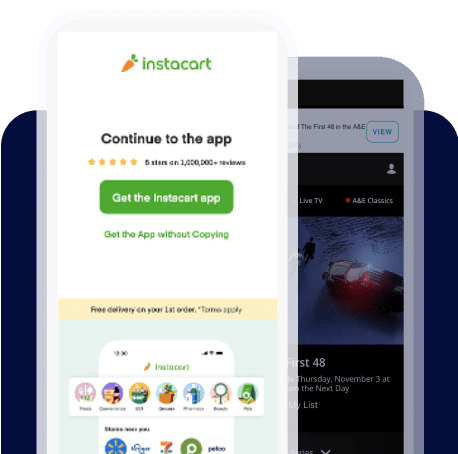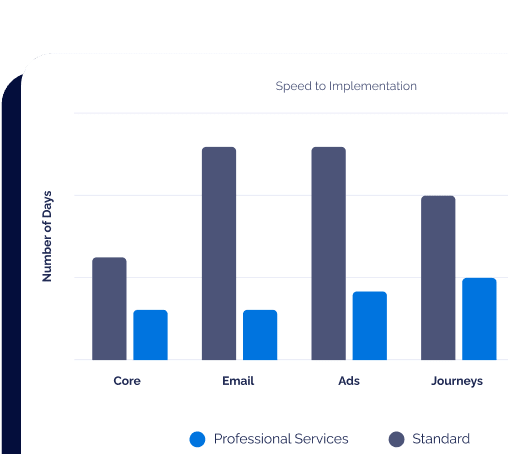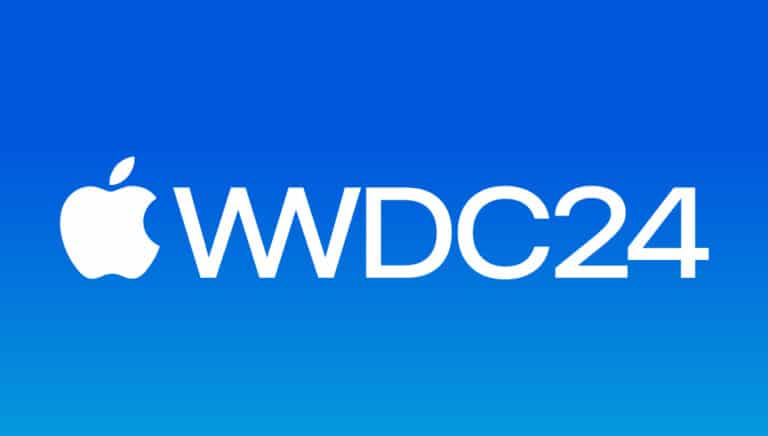As the tech world turns its eyes towards Apple’s Worldwide Developers Conference (WWDC) 2024, expectations and speculations are at an all-time high. Here are some predictions for what we expect from Apple at this year’s event:
SKAN 5
Current state: Adoption of SKAN 4 has been lukewarm, with only about 30% of advertisers on board. The upcoming SKAN 5 promises to enable retargeting measurement but falls short of improving targeting capabilities, focusing instead on reidentification of users post-install.
Prediction: The impact of SKAN 5’s launch will likely be minimal. We believe the industry will largely ignore the update due to its limited improvements compared to previous versions and the bevy of complexities it introduces.
Edit (5/30): We’re still weeks away from the conference, but there’s already compelling evidence that this prediction is incorrect. Our friends at DataSeat published a strong prediction that SKAN 5 will be renamed (and reissued) AdAttributionKit. Our take? Probably correct. Call it whatever you want; it’s SKAN 5 with alternative app store support. Why drop the Store KitAd Network moniker? To protect the Apple App Store brand, of course!
Privacy Manifest
Current state: As of May 1, Privacy Manifest now requires apps to declare their data usage. Apple’s enforcement seems primarily focused on apps that do not properly declare their Required Reason APIs; notably, we’ve seen numerous App Store submission rejections of apps that haven’t declared their own or their third-party usage of Required Reason APIs.
Prediction: It’s unlikely we’ll see any major announcements regarding Privacy Manifest. However, there is anticipation that third-party tracking declarations will directly correspond with Apps Privacy Nutrition Label declarations.
App Store adjustments
Current state: In January, Apple announced a number of changes to its App Store policies as a result of the Digital Markets Act (DMA). Most notably, the ability to sideload apps from third-party app stores in the EU. The changes generated significant buzz, though they’ve been perceived as overly restrictive.
Prediction: Apple will likely announce slight changes to its policies to align with these regulations, but don’t expect them to make alternative app stores any more viable. Apple’s stance appears firm, unless future legal actions force it to reconsider.
Vision Pro
Current state: Expectations around Apple’s first 3D camera are tempered. Predictions of slow sales, compounded by limited content availability, deters developers from investing in the platform.
Prediction: Apple is likely to adopt a conservative approach to the iteration of Vision Pro devices — similar to its strategy with iPads — focusing on long-term development.
Artificial intelligence (AI)
Current state: Although Apple has shown signs of AI innovation, notably through its published research papers, general sentiment suggests that its announcements will focus on what’s planned rather than what’s currently available.
Prediction: AI is poised to be the centerpiece of this year’s announcements. Expect to see enhancements in how AI integrates with the Apple ecosystem, increased access through developer frameworks, and more on-device AI capabilities for Siri, like real-time analysis using the iOS 18 camera. There is also a distinct possibility that OpenAI and Apple will announce a partnership to enable Apple hardware users direct, customized access to OpenAI’s large language models (LLMs).
Questions we hope WWDC answers
As always, while we make predictions based on current trends and information, the actual announcements are sure to surprise. This year, we hope Apple clears a few things up:
- What is the long-term plan with SKAN? It’s imperfect, and that has impacted adoption. How does Apple plan to address the shortcomings?
- Will there be additional methods of policing fingerprinting? Apple has continually made it clear fingerprinting is not allowed, but it’s still widely practiced. What does Apple intend to do about this?
- Would Apple ever enforce a “nuclear option”? If Apple really wanted to put an end to device fingerprinting, it could potentially turn on its iCloud+ Privacy Relay feature for all, or part of, iOS devices. This would eliminate device IP addresses for enough web and in-app network traffic to render fingerprinting moot.
Stay tuned for what promises to be an exciting event at WWDC 2024 and our annual post-event recap!
